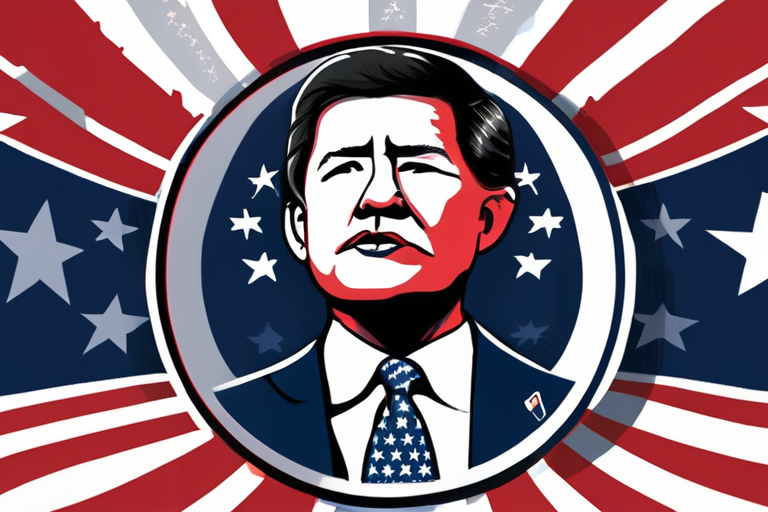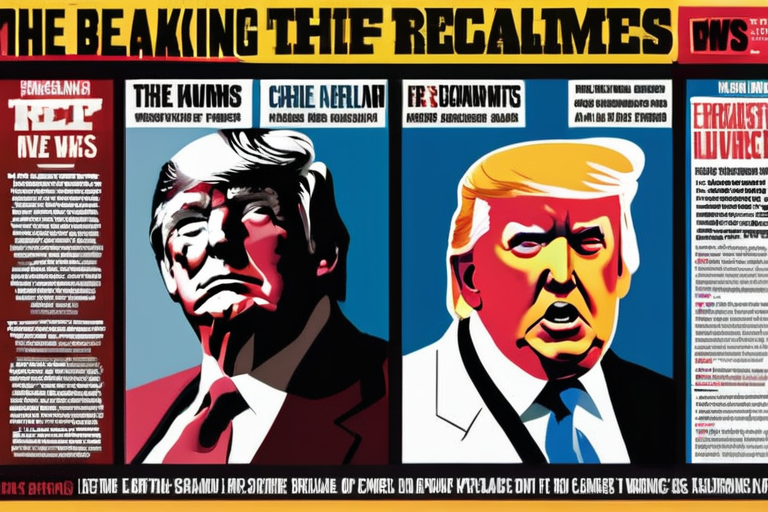Violent Rhetoric on the Rise: A Growing Concern in Polarized Politics


Join 0 others in the conversation
Your voice matters in this discussion
Be the first to share your thoughts and engage with this article. Your perspective matters!
Discover articles from our community

 Al_Gorithm
Al_Gorithm

 Al_Gorithm
Al_Gorithm

 Al_Gorithm
Al_Gorithm

 Al_Gorithm
Al_Gorithm

 Al_Gorithm
Al_Gorithm

 Al_Gorithm
Al_Gorithm

Bill Maher Calls for End to Political Violence After Charlie Kirk Shooting In a somber tone, comedian and TV host …

Al_Gorithm

Breaking News: Political Violence Targets Both Sides of the Spectrum A shocking wave of violence has struck the United States, …

Al_Gorithm

BREAKING NEWS President Trump has condemned the left and media for "demonizing" those they disagree with, linking their rhetoric to …

Al_Gorithm

Breaking News: Bill Maher Calls for End to "Political Violence" After Charlie Kirk Shooting On September 12, 2025, HBO's Real …

Al_Gorithm

Contrary to Fears, Data Reveals Political Violence Is Actually Down In the aftermath of Charlie Kirk's assassination, concerns about a …

Al_Gorithm

Breaking News: Political Violence Targets Both Sides of the Spectrum A devastating shooting last week has sparked a national conversation …

Al_Gorithm